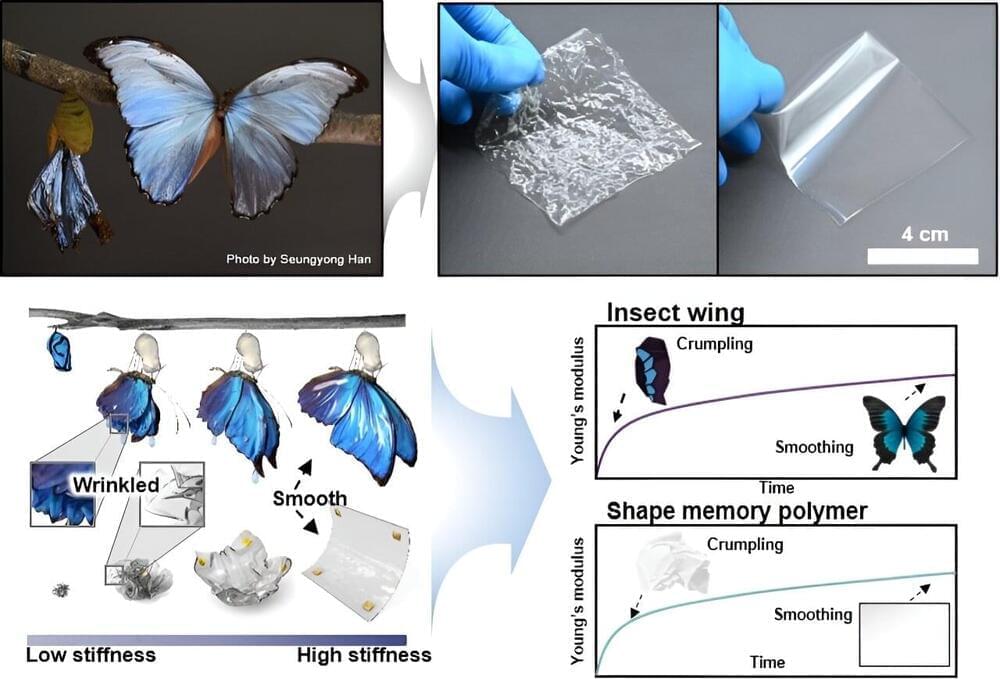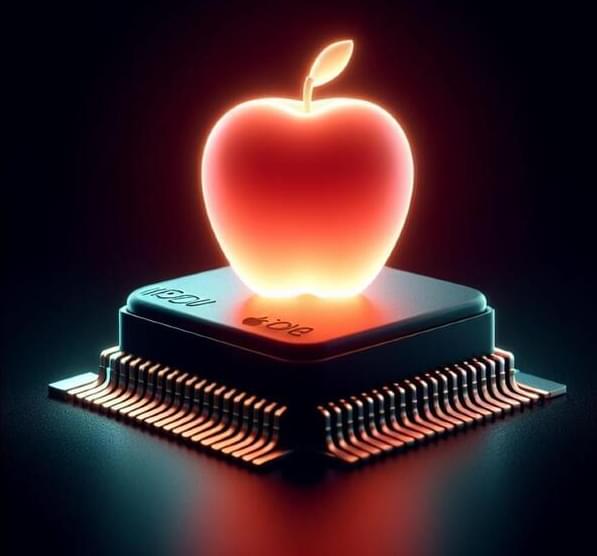Physicists at the National University of Singapore have innovated a concept to induce and directly quantify spin splitting in two-dimensional materials. By using this concept, they have experimentally achieved large tunability and a high degree of spin-polarisation in graphene. This research achievement can potentially advance the field of two-dimensional (2D) spintronics, with applications for low-power electronics.
Joule heating poses a significant challenge in modern electronics, especially in devices such as personal computers and smartphones. This is an effect that occurs when the flow of electrical current passing through a material produces thermal energy, subsequently raising the material’s temperature.
One potential solution involves the use of spin, instead of charge, in logic circuits. These circuits can, in principle, offer low-power consumption and ultrafast speed, owing to the reduction or elimination of Joule heating. This has given rise to the emerging field of spintronics.







